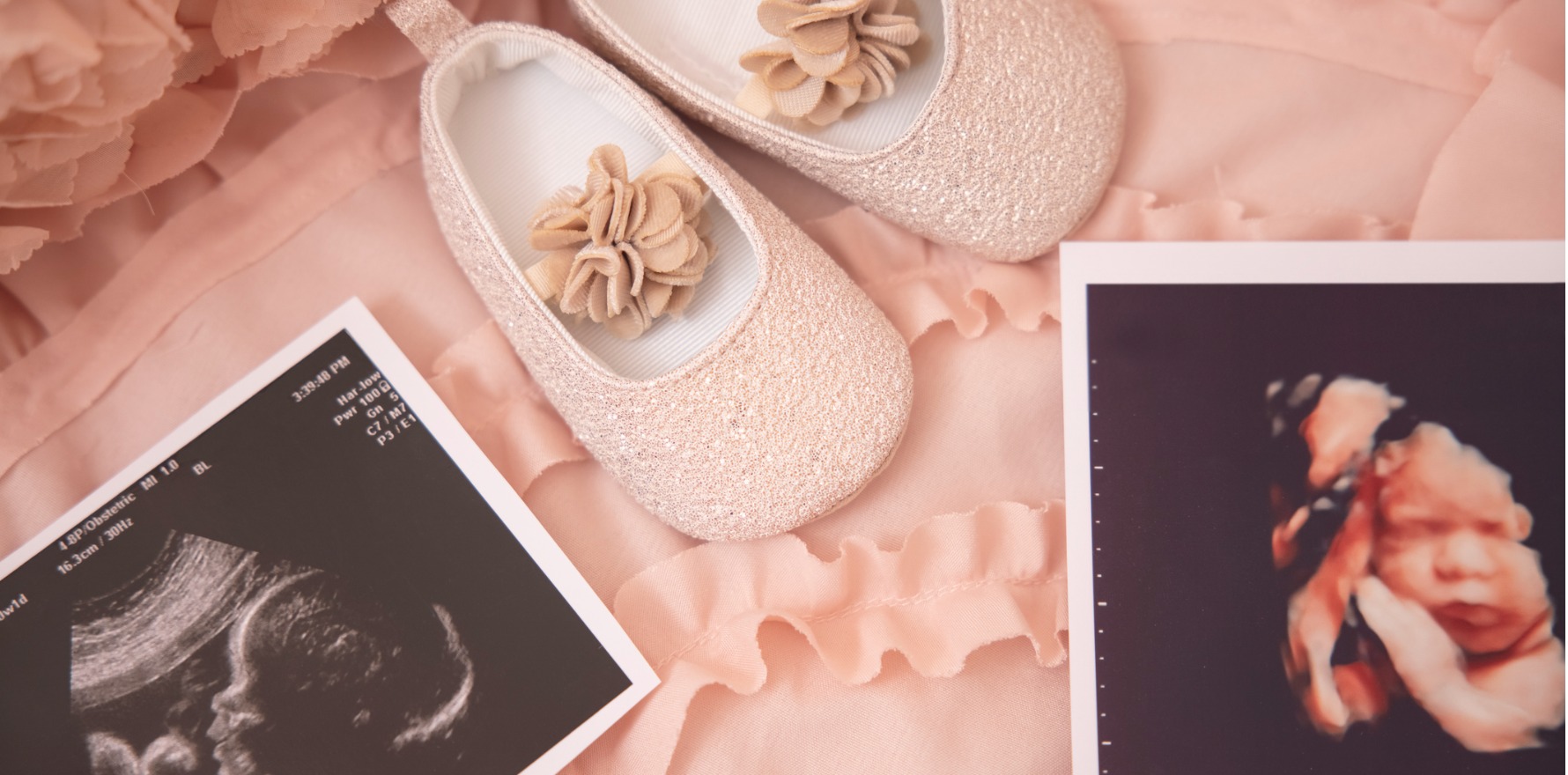New European research suggests miscarriage and the use of fertility treatment are more common in women with asthma.
Systemic inflammation may interfere with reproductive organs and potentially affect pregnancies.
Asthma commonly affects women of childbearing age. While previous research has shown it takes asthmatic women longer to get pregnant than those without asthma, few of these studies have included or focused on women who have failed or had difficulty getting pregnant.
Now, a new cohort study, presented at the recent European Respiratory Society congress in Vienna, reports a greater proportion of women with asthma miscarry and use fertility treatment than women without asthma.
The researchers tracked the reproductive outcomes for over 750,000 Danish women for a median 11 years. Individuals who repeatedly redeemed prescriptions for anti-asthmatic drugs were deemed to have asthma.
A greater proportion of women with asthma experienced a miscarriage (17% versus 15.7%) and used fertility treatment at some point of their pregnancy journey (5.6% versus 5%).
Researchers also observed an association between disease severity and the fertility-related outcomes but couldn’t pin down what explained their findings.
“The more severe the asthma and the more flare-ups the women experienced, the more likely they were to need fertility treatment,” said study author Dr Anne Vejen Hansen.
“Why this is, is not clear. It might be related to systemic inflammation throughout the body, including women’s reproductive organs.”
However, asthma was not seen to impact the likelihood of having a live birth in women who were able to fall pregnant. That is, the proportion of pregnant women with and without asthma who went on to give birth was the same (77%).
Professor Lena Uller, head of the respiratory immunopharmacology research group at Lund University in Sweden, was reassured to read that the live birth rate did not differ between women with and without asthma.
Related
But Professor Uller, who was not involved in the new study, emphasised the importance of managing asthma in women of childbearing age.
“Women with asthma should take into consideration potential reproductive challenges in their family planning. If women with asthma are worried about their fertility, they should speak to their doctor.
“The fact that the more severe the asthma, the more the problems with fertility, suggests that uncontrolled asthma is the problem and we should be helping women to get their asthma under control.”
Dr Vejen Hansen and her collaborators are now planning to explore the effects of asthma on fertility in males to determine if similar associations to those reported here are observed.





